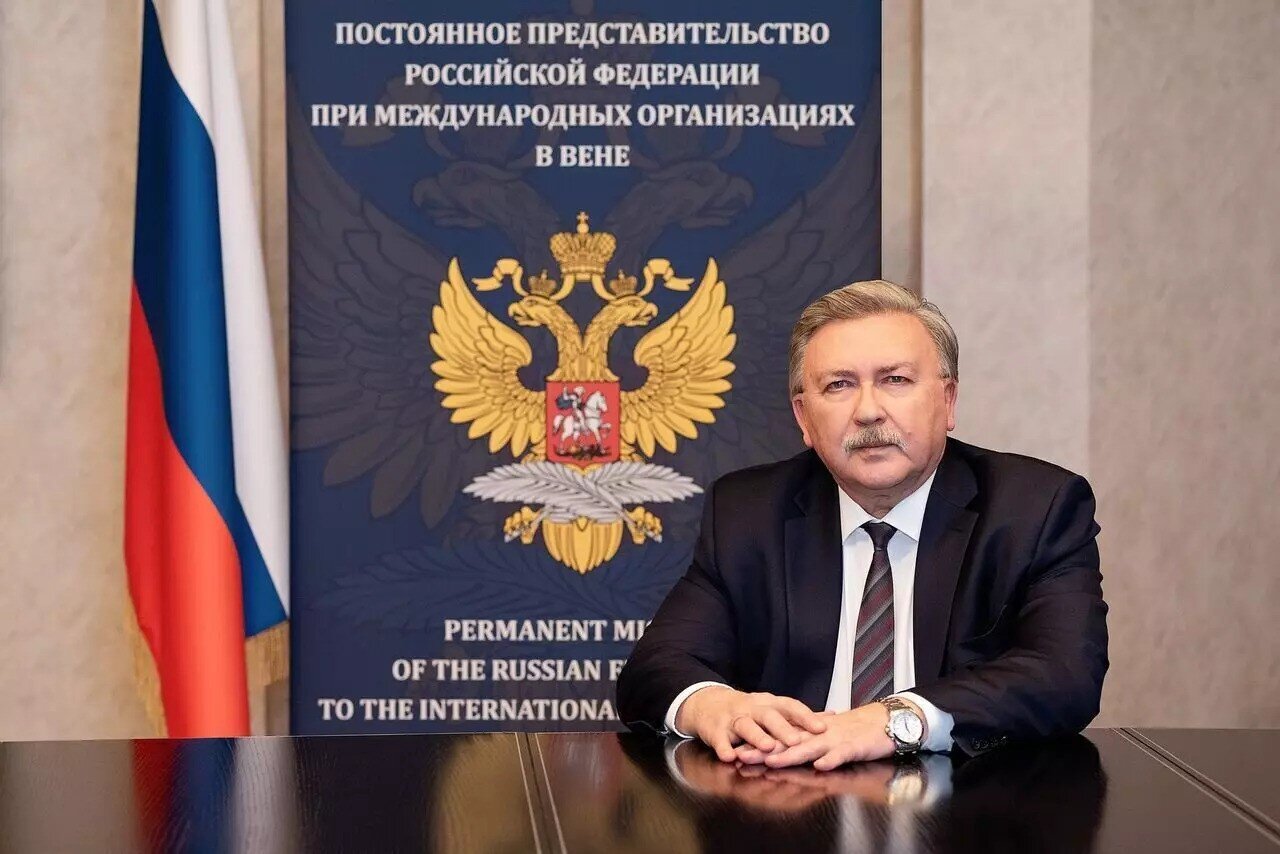No Plan B for JCPOA, Russia insists

TEHRAN - Mikhail Ulyanov, the Russian ambassador to the Vienna-based international organizations, has reiterated Moscow’s position that there is no alternative to the JCPOA (Joint Comprehensive Plan of Action), the official name for the 2015 Iran nuclear deal.
In a post on Tuesday, he wrote, “1 year ago Western analysts and often officials speculated a lot about unknown Plan B to settle the Iranian nuclear problem. Russia always expressed the view that there was no realistic Plan B and that there was no alternative to the #JCPOA. Now we can see that Russia was right.”
Following the signing of the JCPOA in 2015 intended to lift unjust sanctions on Iran, the Islamic Republic fulfilled its commitments flawlessly as a responsible country, which was confirmed in 16 reports by the International Atomic Energy Agency. However, after Donald Trump entered the White House, the sanctions that had been lifted under the JCPOA were reinstated unilaterally on May 8, 2018.
In 2018, Iran activated the dispute resolution mechanism within the framework of the Joint Commission of the JCPOA at the level of foreign ministers. As a result, the JCPOA parties issued a statement outlining 11 commitments to compensate for the economic damages caused by the unilateral actions of the United States.
However, the unbalanced implementation of this agreement on one side and pressures resulting from the imposition and intensification of unilateral U.S. sanctions led Iran to halt the voluntary nuclear commitments step by step one year after the U.S. withdrawal from the JCPOA, endorsed by UN Security Council Resolution 2231.
On May 8, 2019, the Supreme National Security Council of Iran decided to take measures to cease the gradual implementation of nuclear commitments and gave a 60-day opportunity for diplomacy.
Iran fulfilled all its commitments under this agreement for one year after the U.S. withdrawal from the JCPOA to give European countries time to compensate for Washington’s exit. However, since European countries did not fulfill their promises, Iran reduced its commitments under the JCPOA in several steps.
The Biden administration condemned the previous administration’s unilateral move to pull out of the JCPOA but followed the maximum pressure policy similar to that of Donald Trump.
Negotiations to resume the implementation of the JCPOA were held in eight rounds with representatives of the 4+1 group in Vienna.
The U.S. delegation also indirectly participated in the talks. However, due to factors such as inconsistency in behavior, procrastination in decision-making, excessive demands, and presenting new requests by the U.S., the negotiations were stalled.
Iran has always stated its readiness to conclude a stable and reliable agreement that guarantees sanctions removal in a way that eliminates the subject as a leverage for future use against Iran.
Leave a Comment